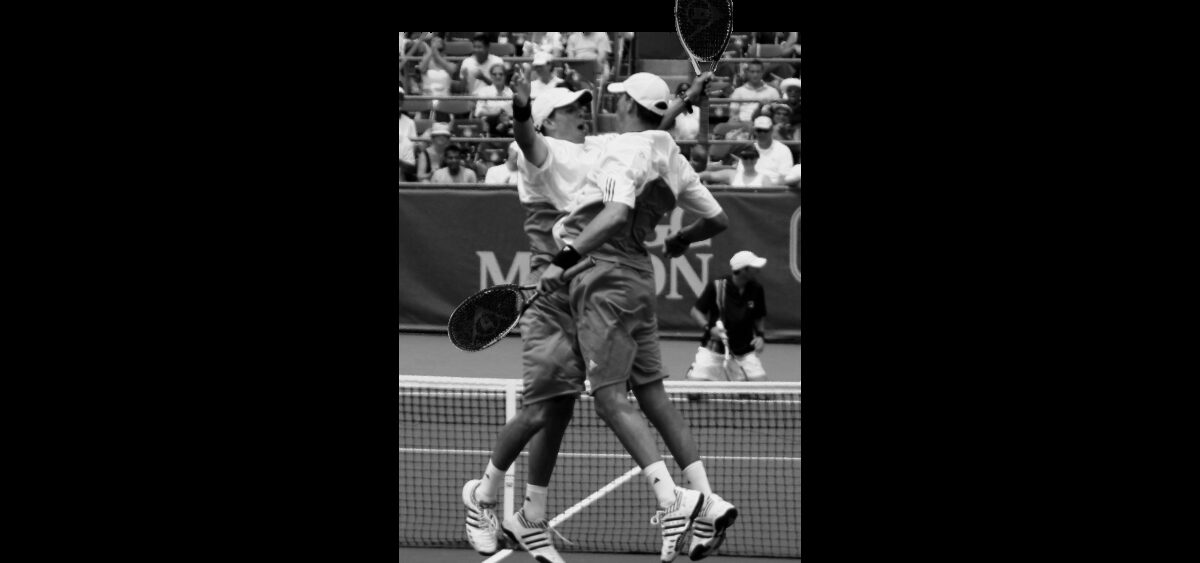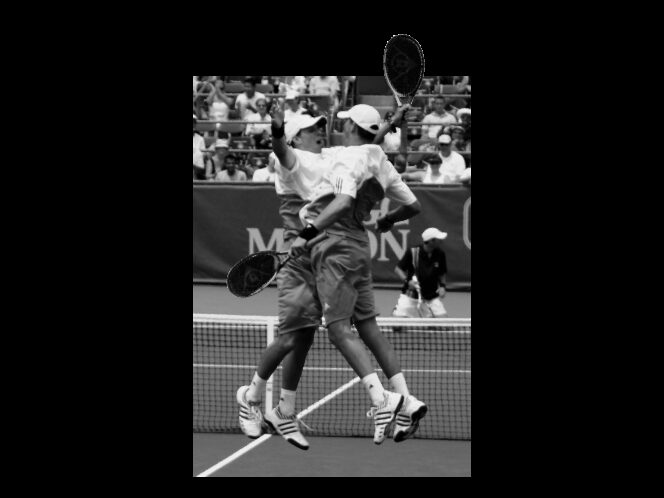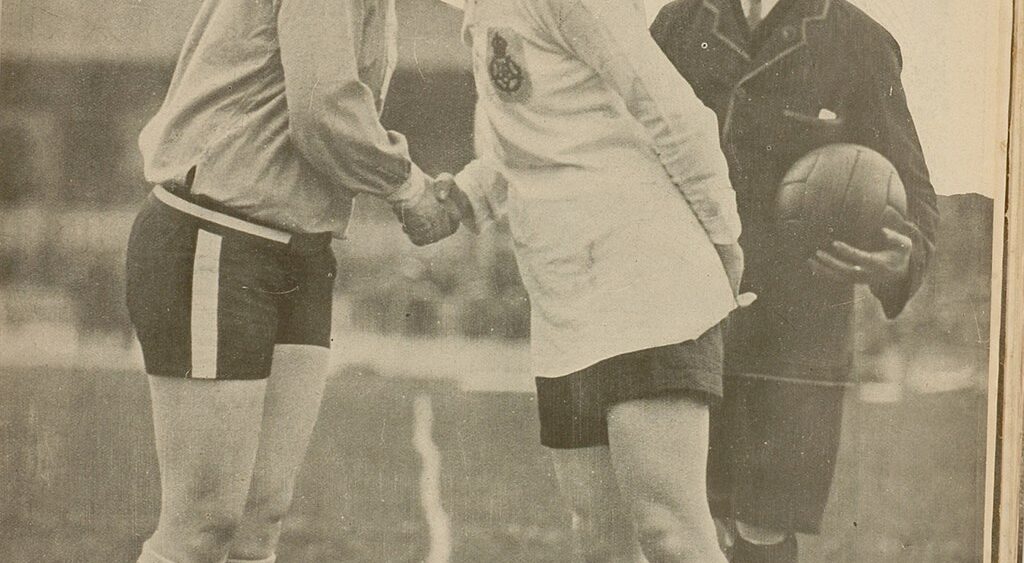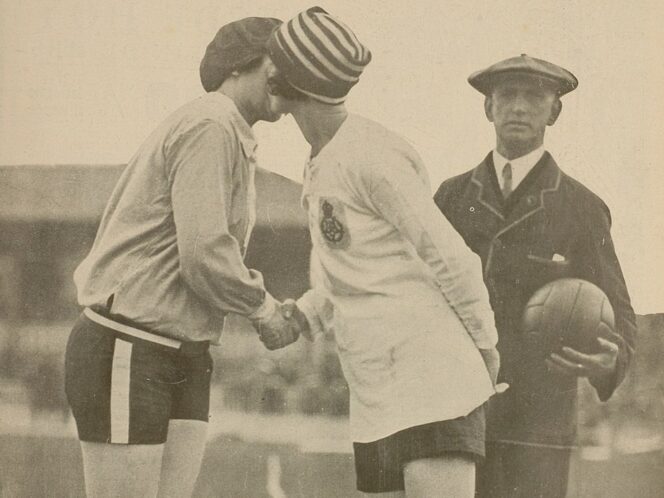
Our correspondent’s summary of last season’s sporting highlights, from Senegalese wrestling to steroids in steak.
The damaged president
Not long ago, Ineta Radēviča was the face of Latvian sport. Chosen three times as sportswoman of the year, a world runner-up and European champion in the long jump, she carried the flag at the London Olympics in 2012. She was so popular in Latvia that she was asked to pose for Playboy. Radēviča’s achievements on the field helped her win election as head of Latvia’s athletics association in 2017. But recently, her triumphs on the track have paled significantly. Moreover, her career as president ended when the International Olympic Committee (IOC) announced that during the 2012 games, Radēviča was taking the anabolic steroid oxandrolone. Once the formalities are completed, she will lose her fourth-place finish from London. She had missed the bronze medal by a centimetre; after the Games, she ended her career. The 37-year-old Radēviča explained on Instagram that she’s always opposed doping, and would never knowingly take a banned substance. She said the problem was from several years ago, making it harder to defend herself, as she didn’t keep all of her medical records. The Latvian was the fourth participant in the London long-jump final to be caught doping. The Turk Karin Melis Mey was barred for testosterone; later the fifth-place Belarusian Nastassia Mironchyk-Ivanova dropped out, as did the seventh-place Russian, Anna Klyashtornaya (both of whom were taking turinabol). It’s not certain that this is the end, since the IOC is opening more of the refrigerators that hold samples








